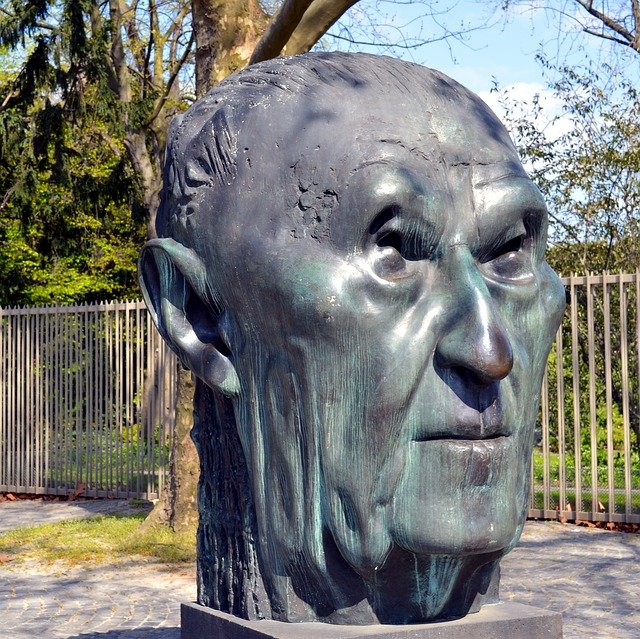Changes in the Art of Government

Today’s political practice, which Foucault describes with the clumsy-sounding word governmentality, has only established itself in the last few centuries. However, it arises from a religious and political attitude that originates from the oriental empires of antiquity and that Christianity takes up. Foucault says in the first volume about security, territory and population.
How is politics made?
The idea that it is primarily the task of politics to look after the well-being of the population, that the goal of politics is not to increase the power of the state, such a development has only been on the way for about three centuries. Conversely, the power of the state today owes itself primarily to the well-being of the population: if they are productive and earn a lot, they can also pay high taxes. Therefore, politically and state-wise, it is primarily a matter of securing supplies for the population, increasing their prosperity, but also nurturing and caring for the population themselves.
In the modern age, on the other hand, politicians orientate themselves towards a rationality, the core of which consists of economic thinking, which in the age of liberalism, albeit it is in very different variants. Since then, politics has served the economy to improve the well-being of the population.
In addition to the orientation towards the population and the resulting political economy, concern for security is the third constitutive element for governmentality or modern governance. Since the 18th century, a police administration has developed, which initially made the big cities necessary to have. From there, this police concern for security extends to the entire country.
Foucault describes the biopolitics that go hand in hand with liberalism as follows:
“The development of the medical police, hygiene publique or social medicine , which began in the second half of the 18th century, had to be placed in the framework of a new ‘biopolitics’, which in the’ Population ‘saw an ensemble of living beings with specific biological and pathological characteristics, for which specific areas of knowledge and techniques were responsible. ”
The governmentality, due to its pastoral background, results in a policy of comprehensive population care, which, with the scientific revolution, expanded into various areas and brought about the human sciences. Biopolitics means, in the service of the population and thus supposedly in the service of each individual, to control population development. Governmentality uses biopolitics as a government practice to control the population by means of health care, hygiene, the birth rate, lifespan, but also through racial politics.
The tighter the social budget, the more disciplinary the politics, while the liberal element of freedom is more distributed according to income like custom paint by number its easy to learn as an art, so one could learn a lot from Foucault’s analysis for current debates.
